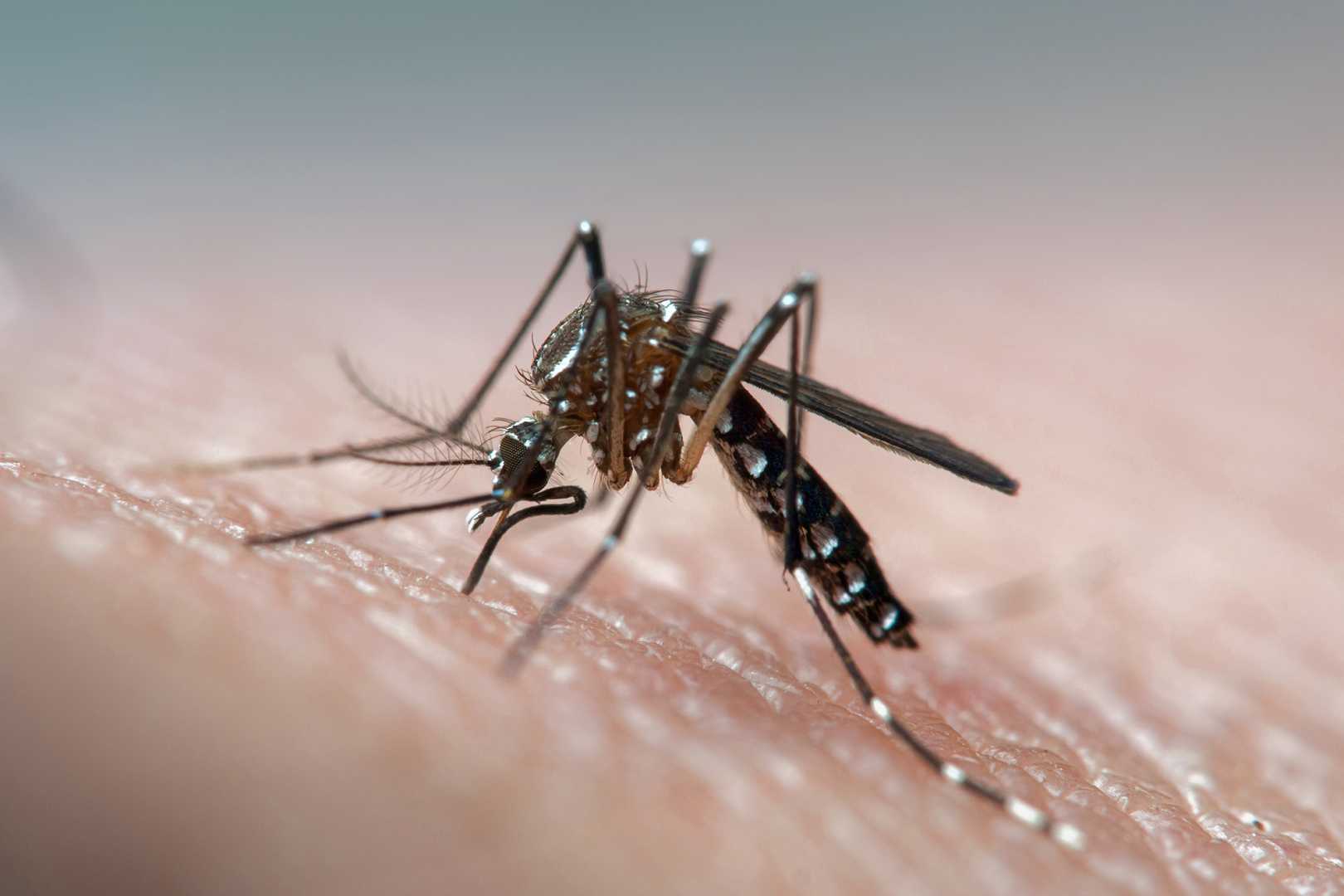Health
CDC Issues Warning as Dengue Cases Rise in Fiji This Summer

Suva, Fiji — Travelers heading to Fiji this summer should prepare for more than just beach activities; they might want to pack extra bug spray. The Centers for Disease Control and Prevention (CDC) has issued a warning as dengue fever cases spike across the Western Pacific.
Dengue is a mosquito-borne virus that can become deadly. The World Health Organization (WHO) noted that about half the world’s population is now at risk for dengue, with an estimated 100 to 400 million infections annually. As countries like Mexico, Canada, and regions of the Caribbean and Latin America see rising cases, the threat extends to popular tourist destinations.
Symptoms of dengue fever typically include a high fever, headache, severe pain in muscles and joints, nausea, vomiting, and rashes. Affected individuals may also experience pain behind their eyes. There is no specific cure for dengue, but mild cases can be treated with over-the-counter pain medications.
In more severe cases, known as dengue hemorrhagic fever, symptoms can worsen, leading to bleeding and breathing difficulties. The Fiji Government reported over 1,000 dengue cases in its Central Division from January to late March, marking an increase compared to the same period last year.
The World Mosquito Program has declared 2024 the “worst year for dengue on record,” with no signs of slowing down. In the U.S., the CDC has issued a Level 1 health alert, advising travelers to maintain regular precautions.
As the summer peak season coincides with an uptick in dengue cases globally, travelers are urged to protect themselves. Recommended measures include using EPA-registered insect repellents, wearing long sleeves and pants, and sleeping in air-conditioned rooms or those with screened windows.
Fiji is not alone in this fight against dengue; other tourist hotspots, including Brazil, Colombia, and the Philippines, have also been flagged as high-risk areas. Experts worry that climate change and more extreme weather patterns are creating favorable breeding conditions for mosquitoes.
‘If we continue to release planet-warming gases into our atmosphere through industrial pollution, landfills and other forms of pollution, dengue and other vector-borne illnesses will only thrive,’ a representative from the Fiji Government warned.












